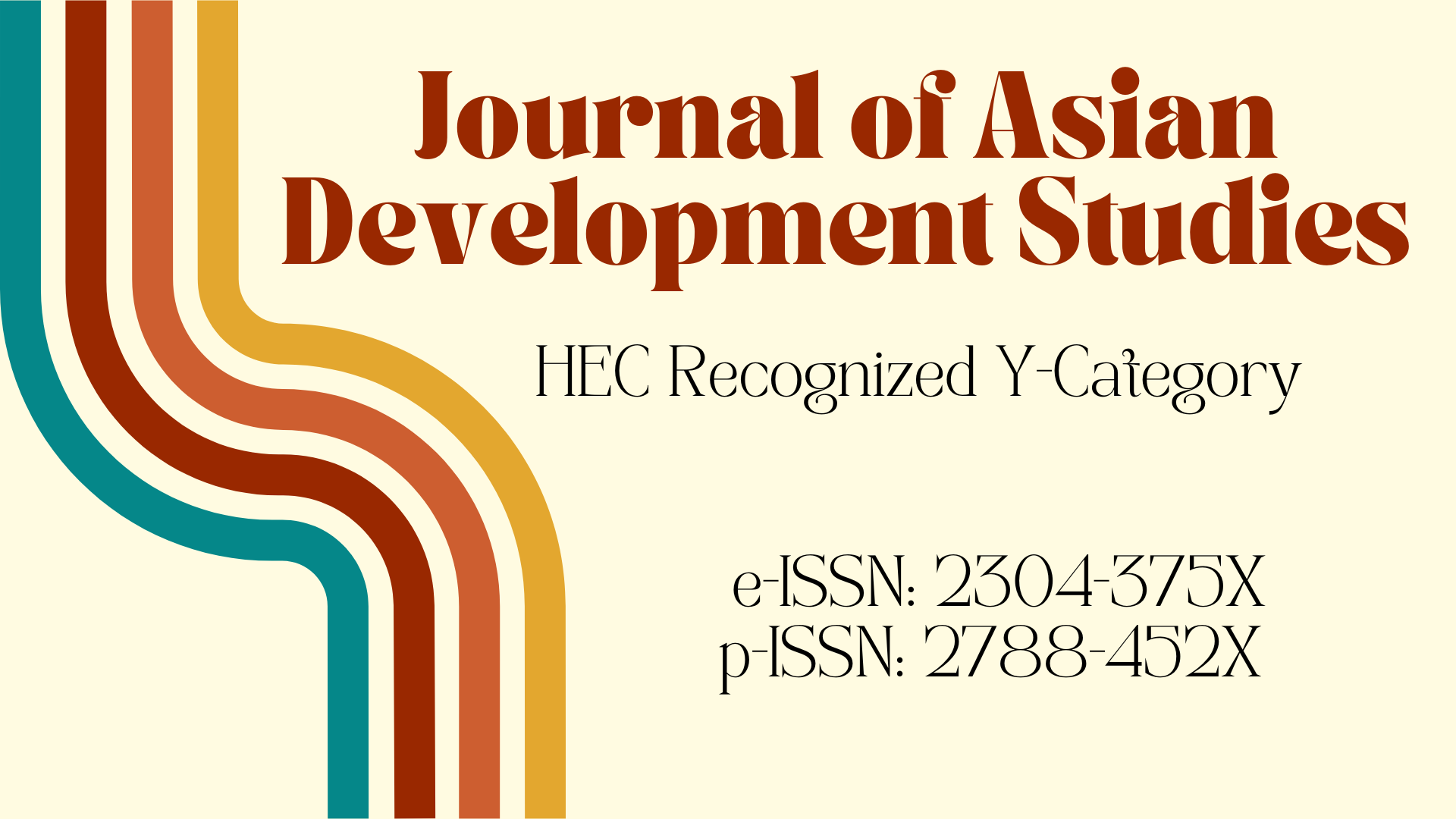Role of Psychological Detachment in Mitigating the Effects of Workplace Telepressure on Work-Family Conflict
DOI:
https://doi.org/10.62345/jads.2025.14.1.19Keywords:
Psychological Detachment, Workplace Telepressure, Work-Family ConflictAbstract
This study examines how workplace telepressure affects work-family conflict (WFC) employees in the employees in the nursing field of the health sector in Islamabad, with psychological detachment acting as a mediator. Data were collected through a survey of 315 employees in Islamabad and analyzed using AMOS and SPSS software. The results reveal a significant positive correlation between workplace telepressure and work-family conflict (b = 0.10, p < 0.01), indicating that employees experiencing high levels of telepressure struggle to disconnect from work, leading to conflict between work and family responsibilities. Psychological detachment negatively mediated this relationship (b = -0.06, p < 0.01), suggesting that the inability to detach from work mentally exacerbates the work-family conflict. The findings contribute to the literature by validating the Work-Family Spillover Theory and highlighting the role of psychological detachment in mitigating the negative impact of telepressure. These results have practical implications for organizational policies aimed at reducing work-family conflict by fostering better recovery and detachment from work.
Downloads
Downloads
Published
Issue
Section
License

This work is licensed under a Creative Commons Attribution 4.0 International License.
License Terms
All articles published by Centre for Research on Poverty and Attitude are made immediately available worldwide under an open access license. This means:
- everyone has free and unlimited access to the full-text of all articles published in Centre for Research on Poverty and Attitude's journals;
- everyone is free to re-use the published material if proper accreditation/citation of the original publication is given.




